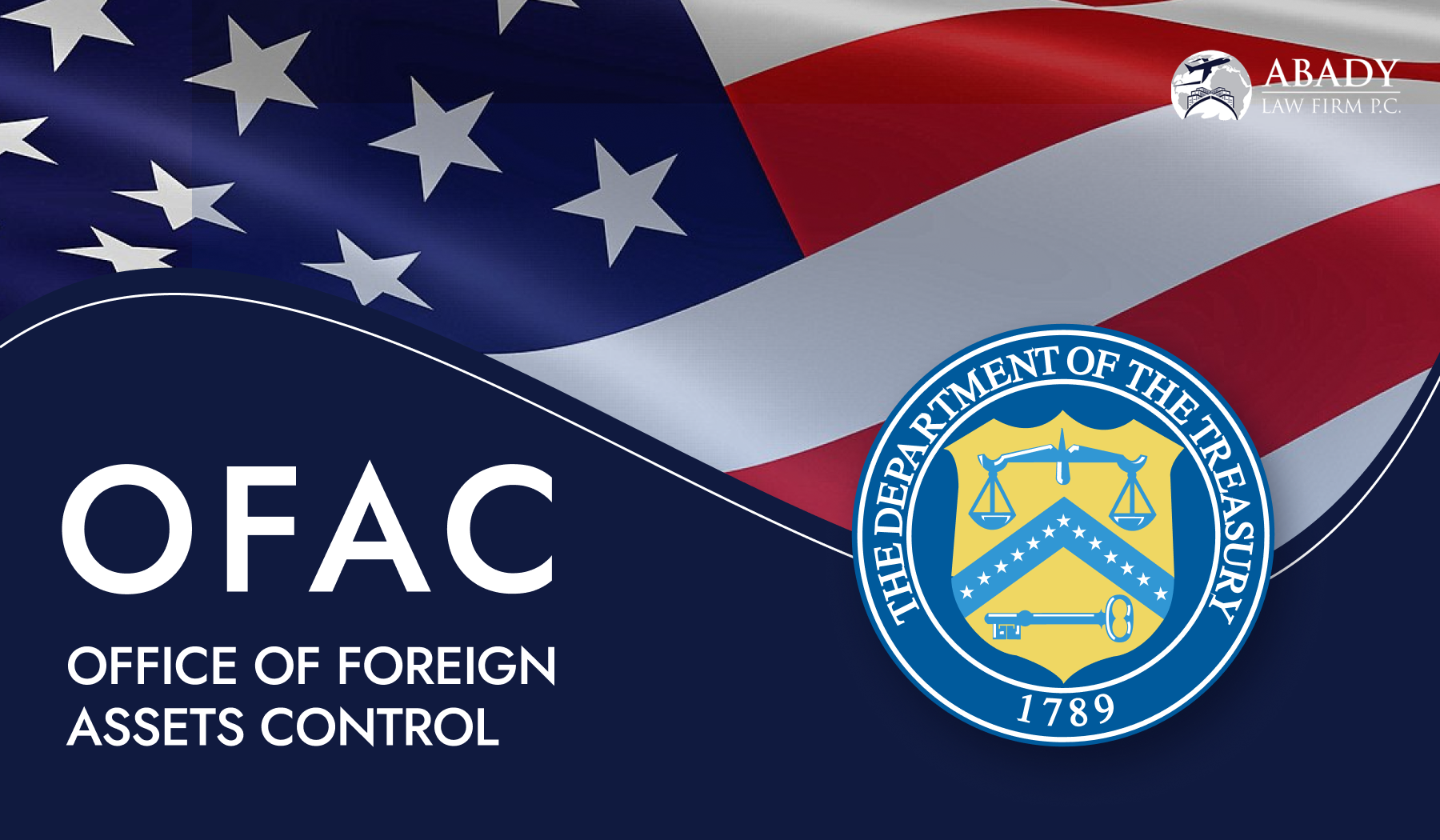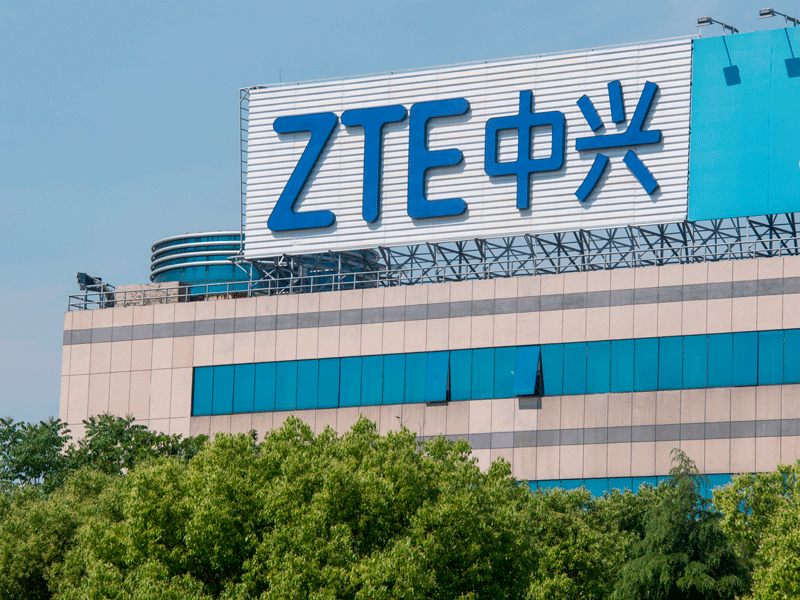Office of Foreign Assets Control (OFAC)
The Office of Foreign Assets Control (OFAC) wields a significant influence over global financial transactions, which is visible through a range of figures that encapsulate its reach and impact.
 Written by Erling Andersen
Written by Erling Andersen
In today’s world, financial transactions crisscross the globe at breakneck speed, creating an intricate web of interactions that bind together individuals, organizations, and entire nations. Yet, lurking beneath this dizzying maze of transactions lies a myriad of potential threats, including illicit financial activities and transactions that can undermine national security. This is where the Office of Foreign Assets Control (OFAC) comes into play.
With its mandate to enforce economic and trade sanctions, the OFAC acts as the invisible hand guiding international financial interactions, ensuring they adhere to U.S. national security and foreign policy.
Definition: Understanding the Role of OFAC
Established under the U.S. Department of the Treasury, the Office of Foreign Assets Control (OFAC) is tasked with implementing and enforcing economic and trade sanctions based on U.S. foreign policy and national security goals. The sanctions can be against foreign countries, regimes, terrorists, international narcotics traffickers, those involved in activities related to the proliferation of weapons of mass destruction, and other threats to the national security, foreign policy, or the economy of the United States.
OFAC has the authority to freeze assets, block transactions, and impose significant fines on individuals, businesses, and even countries that breach these sanctions. To ensure compliance, OFAC maintains a publicly available “Specially Designated Nationals and Blocked Persons List” (SDN List), which details individuals and entities with whom U.S. individuals and companies are prohibited from doing business.
The gravity of OFAC’s role in the international financial ecosystem cannot be understated. Its operations directly impact the global economic landscape, shaping the way nations, businesses, and individuals interact on a financial level.
Practical Example: OFAC in Action
To appreciate OFAC’s enforcement power, we’ll delve into the saga of ZTE, a prominent Chinese telecommunications company, that became ensnared in OFAC’s regulatory net.

Background
In March 2017, ZTE Corporation agreed to a historic penalty of $1.19 billion, marking the largest fine ever levied by OFAC at the time. ZTE, one of China’s largest telecommunications equipment manufacturers, found itself in the crosshairs of OFAC following a multi-year investigation.
The Breach
OFAC’s investigation unearthed that ZTE had knowingly breached U.S. sanctions by illicitly shipping U.S. goods to Iran. The illegal transactions weren’t sporadic or isolated events; instead, they represented a systematic violation of U.S. sanctions laws. ZTE made 283 shipments of controlled items to Iran over a six-year period, fully aware that such actions were a clear violation of U.S. sanctions.
Notably, ZTE’s violation was not just a simple case of negligence or oversight. The company had meticulously planned and established an intricate scheme to cloak its illegal activities. It created shell companies to serve as intermediaries in the transactions, an attempt to sidestep the sanctions and hide the true nature of its actions.
OFAC’s Response
The enforcement action OFAC took against ZTE is indicative of the office’s stringent commitment to uphold U.S. sanctions laws. The office undertook a thorough investigation, involving significant resources and cooperation with other government departments, demonstrating the extensive lengths the office will go to protect U.S. national security and economic interests.
The resulting fine of $1.19 billion, while historic in its magnitude, was deemed appropriate given the breadth, duration, and deliberate nature of ZTE’s violations. Moreover, the hefty fine serves as a potent deterrent for other entities that might consider skirting U.S. sanctions laws.
The Aftermath and Lessons Learned
ZTE’s ordeal offers a stark lesson to other corporations: OFAC’s sanctions are not suggestions – they are non-negotiable directives that carry significant penalties if breached. Moreover, the episode underscores the reality that even some of the largest, most sophisticated corporations are not immune to OFAC’s reach.
To avoid ZTE’s fate, businesses must develop robust, effective compliance programs that align with OFAC regulations. They must maintain vigilance, continually monitor their transactions, and foster a culture of compliance within their organization. Indeed, the cost of non-compliance, as ZTE learned, can be incredibly steep.
Statistics and Relevant Numbers: Measuring OFAC’s Influence
The Office of Foreign Assets Control (OFAC) wields a significant influence over global financial transactions, which is visible through a range of figures that encapsulate its reach and impact.
Billions in Assets
One of the main indicators of OFAC’s influence is the amount of financial assets it manages. It’s estimated that billions of dollars are held in blocked accounts under OFAC’s jurisdiction. This vast sum represents assets from a wide array of individuals, entities, and even nations that have been flagged for their involvement in activities contrary to U.S. national interests.
Enforcement Actions and Penalties
OFAC’s regulatory muscle is further exhibited by the hefty fines it levails against those who breach U.S. sanctions. In 2019 alone, OFAC issued penalties totaling more than $1.28 billion. This enormous sum is not randomly distributed – it’s the result of a systematic and rigorous enforcement process aimed at deterring non-compliance.
Entities across a wide spectrum of industries found themselves on the receiving end of these penalties. Financial institutions, shipping companies, corporations from various sectors, including technology, services, and manufacturing, all felt the sting of OFAC’s enforcement actions.
High Profile Cases
The magnitude of OFAC’s influence is perhaps best illustrated through high-profile cases that capture international headlines. For instance, the case of Standard Chartered Bank, a British multinational banking and financial services company, stands out.
Standard Chartered Bank agreed to remit $639 million to settle its potential civil liability for apparent violations of the sanctions programs relating to Burma, Cuba, Iran, Sudan, and Syria. This settlement represents one of the largest in OFAC’s history and underscores the seriousness with which OFAC views violations of its regulations.
Scope of Influence
OFAC’s influence is not only defined by the financial figures it manages or the penalties it levies. Its impact reverberates through the entire global financial system, influencing how businesses, banks, and governments interact on an international scale.
Its authority to freeze assets and block transactions makes it a pivotal player in international finance. Moreover, its publicly available SDN list is closely monitored by businesses worldwide, shaping decisions about who they can or cannot conduct business with.
In summary, whether it’s through billions in managed assets, hefty penalties, or the ripple effects it has on global financial interactions, the influence OFAC exerts on the international financial landscape is undeniable and far-reaching.
Conclusion: Navigating the OFAC Landscape with Kyros AML Data Suite
In the grand architecture of global finance, the Office of Foreign Assets Control (OFAC) stands as a steadfast pillar, supporting the U.S. government’s foreign policy and national security objectives through the enforcement of economic and trade sanctions. With its arsenal of regulations, its enforcement reach, and the potential for significant penalties for non-compliance, OFAC commands an influence that transcends national borders and permeates the intricate network of global commerce.
Reflecting on our journey through this article, we can draw several conclusions:
The Pervasive Impact of OFAC
From the example of ZTE Corporation to the imposing statistics of managed assets and enforcement penalties, we have seen how OFAC’s influence permeates all facets of international business. No matter how big or small, no entity is beyond the reach of OFAC. Its regulatory shadow looms large over the global financial landscape, shaping business decisions and acting as a stern deterrent against actions that threaten U.S. national security or go against its foreign policy objectives.
The Importance of Compliance
The significance of compliance cannot be overstated. In a world where the cost of non-compliance can be staggeringly high – as ZTE’s billion-dollar fine illustrated – businesses must place a premium on aligning their operations with OFAC’s regulations. This alignment involves not only following the letter of the law but also embracing the spirit of these regulations – understanding and supporting the broader policy objectives they serve.
The Necessity of Proactive Compliance Tools
Given the complex nature of OFAC’s regulations and the dynamic global business environment, having the right tools to ensure compliance is not just a convenience – it’s a necessity. This is where solutions like the Kyros AML Data Suite come into play. With comprehensive global sanctions data coverage, real-time screening, risk scoring, and robust case management functionality, it provides businesses with a comprehensive tool to navigate the challenging waters of OFAC compliance.
In closing, understanding and navigating the world of OFAC is a challenge for any business involved in international commerce. However, with a clear understanding of OFAC’s role, a strong commitment to compliance, and the right tools, businesses can confidently stride forward, turning the challenge of compliance into an opportunity to demonstrate their commitment to ethical business practices and respect for global security and economic stability.
Share article on
